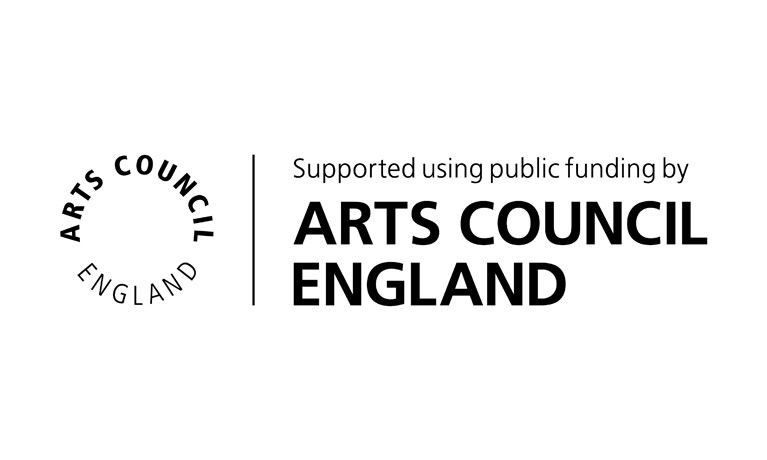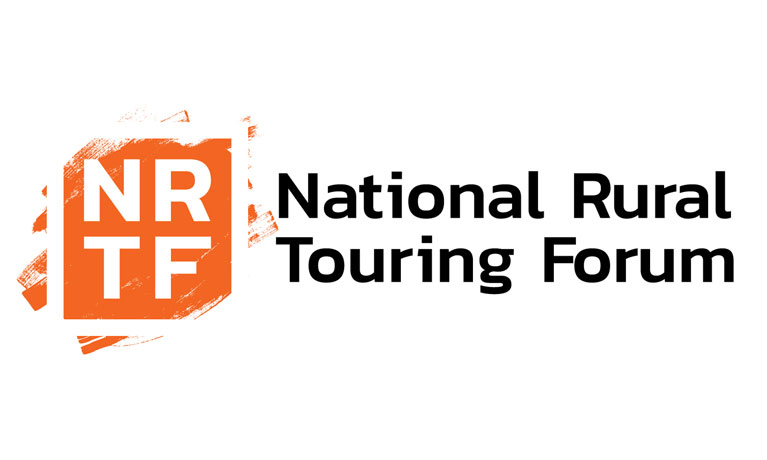
CONCERTA: Contribution to Community Enhancement Through Rural Touring Arts
Funded by Arts Council England, and in partnership with National Rural Touring Forum (NRTF), this 28 month study entailed a major nationwide investigation of the scale, scope and role of rural touring arts. Given a mixed methods design and nationally dispersed fieldwork, a substantial research team was utilised from within Coventry University, centred on the Centre for Business in Society (Philip Dunham, Nick Henry, Frank Warwick, Mark Webster, Elizabeth Bos, Sue Challis, Melissa Tornari, Alessandro Merendino, and Kevin Broughton).
Previous research identified that the evidence base for the wider impacts of arts and culture needs further development. In 2016, Arts Council England (ACE) launched a call which sought proposals aimed at collaborative research work to develop the evidence base around the impact of arts and culture. Specifically, the role of ACE’s Research Grants Programme was to generate evidence to:
- Better understand the impact of arts and culture;
- Make the best case for arts and culture in the context of reduced public spending; and
- Promote greater collaboration and co-operation between the arts and cultural sector and research partners.
The CONCERTA project aimed to assess the social and economic impact of ‘rural touring arts schemes’ organisations and activities in England, in order to contribute to the wider evidence base.
Method
CONCERTA was a national study of the benefits for local community development of a relatively under researched form of creative activity: rural touring arts. It was based on a mixed methods research design, combining the development of a national, geo-referenced data-driven evidence base of professional rural touring activity with the production of a series of more qualitative case studies of the impact of touring rural arts. The project’s five methodological strands encompassed:
- Rural Touring Schemes organisational characteristics, activities and impacts: An on-line questionnaire was completed by all 24 English Rural Touring Schemes funded in 2016.
- Mapping the patterns and characteristics of English rural touring arts activity: a comprehensive, geo-referenced evidence base of five years of English Rural Touring Scheme activity, for all 24 English Rural Touring Schemes funded in 2016. Activity data was mapped against official classifications of rurality and socioeconomic and neighbourhood data. In total, a set of over 700 digital maps was generated.
- Case Studies of the impacts of rural touring activities:
- Five Core Cases were selected reflecting levels of ‘rurality’ in Rural Touring Schemes;
- Two ‘Cumulative’ Cases and an interview with François Matarasso - representing a return to local rural touring areas previously studied by Matarasso (2004) Only Connect; and
- Two ‘Non-Scheme’ Rural (touring) Arts Investigations to investigate the possible benefits and impacts of other, often amateur, arts-based activities, rather than professional Touring Schemes. In the spirit of co-design and partnership, these cases were undertaken by NRTF with oversight by Coventry University.
- Supporting professional touring development and wider dissemination: a range of knowledge transfer and technical expertise activities to support NRTF, their membership Schemes and broader understanding of the characteristics and benefits of professional rural touring.
Outcomes
- Provided a national enumeration, over a five year period, of the activities, funding, organisation, rural delivery (venues, promoters, volunteers, artists) and audiences of the rural touring arts sector. In total, over 9,500 events performed to over 700,000 people across up to 1,000 venues;
- Demonstrated and summarised the range of impacts of rural touring; engagement and participation generates individual and community benefits, including personal development and well-being, community assets and capacity and, ultimately, stronger rural communities. Rural touring was shown to be integral to catalysing and supporting community life in English rural areas, especially as other village ‘anchors’ have diminished.
Recommendations for policymakers and funders
- Given learning from this research, further enhance the NRTF Annual Survey instrument. Consider how this supports regular sector level development of impact reporting.
- NRTF to consider further the role of Rural Touring Schemes within current policy horizons over and above engagement and participation in the arts, such as in ‘supporting anchors of local community/rural development’, ‘contribution to civil society capacity’, ‘enhancing social cohesion’ and, ‘delivery of health and well-being’.
- Continued recognition and development of NRTF sector support to Schemes – communication and feedback; training, dissemination of reports, guides and resource packs (‘help fuel’); and, strategic programmes to promote excellence and innovation at a local level.
- For the sector/stakeholders, consider strategic responses to challenges raised in this research: Succession and Sustainability; Sustainability: funding and finance; and Diversity and Cohesion.
- To consider research on Rural Touring Arts and Health and Well-Being as a substantial emerging research priority.
The project was designed to support NRTF and its Scheme members in their professional activities. Building on the findings, a series of Issues, Challenges and Good Practice were generated for the rural touring sector and five Recommendations provided to NRTF and its stakeholders. The evidence base supported recognition of rural touring arts within the new ‘place-based’ 10 year strategy of Arts Council England.
The Final Report was presented and recorded at the NRTF Annual Conference 2019: Hi-Vis






